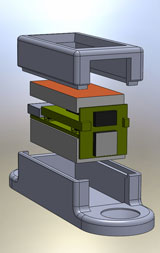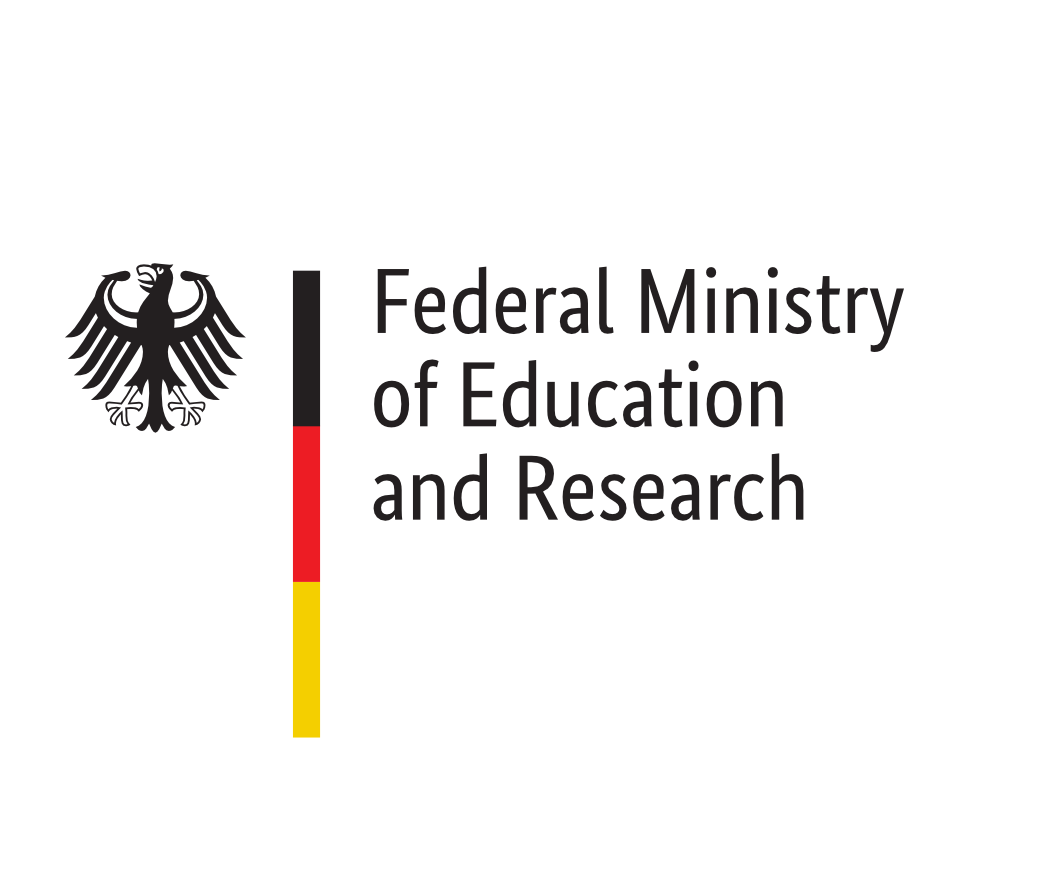Turning manufacturing into child’s play with SOPRO

Tomorrow’s manufacturing processes will not only be efficient, but even self-regulating, capable of coordinating and controlling themselves. While this might still sound like sci-fi, exactly this scenario was at the center of research within the project “SOPRO” (Self-Organizing Production). Here, we developed solutions for dynamic manufacturing environments,in which rapid decisions about the order processing and quick responses to unpredicted results are possible.
Process eGrains were a central component of the development. Thanks to their shock resistance, the miniaturized wireless sensor nodes are particularly suited to measuringand monitoring in harsh industrial environments. As decentralized mobile agents, they ‘negotiate’ with other elements in the production network, collect data and self-organize to optimize manufacturing processes. The Process eGrains integrate functions such as wireless communication, diverse sensors and a processor. Apart from developing these Process eGrains, we are also investigating potential applications for intelligent wireless sensor nodes in manufacturing, assembly and as part of self-organizing machines.
So far, we have developed a cost-efficient system and implemented wireless standards for especially robust ultra-low power communication. The algorithms for the application software, the middleware and the basic operating system were developed in cooperation with the Fraunhofer Institute for Production Systems and Design Technology (IPK) and TU Berlin’s Distributed Artificial Intelligence (DAI) Laboratory.
 Fraunhofer Institute for Reliability and Microintegration IZM
Fraunhofer Institute for Reliability and Microintegration IZM
